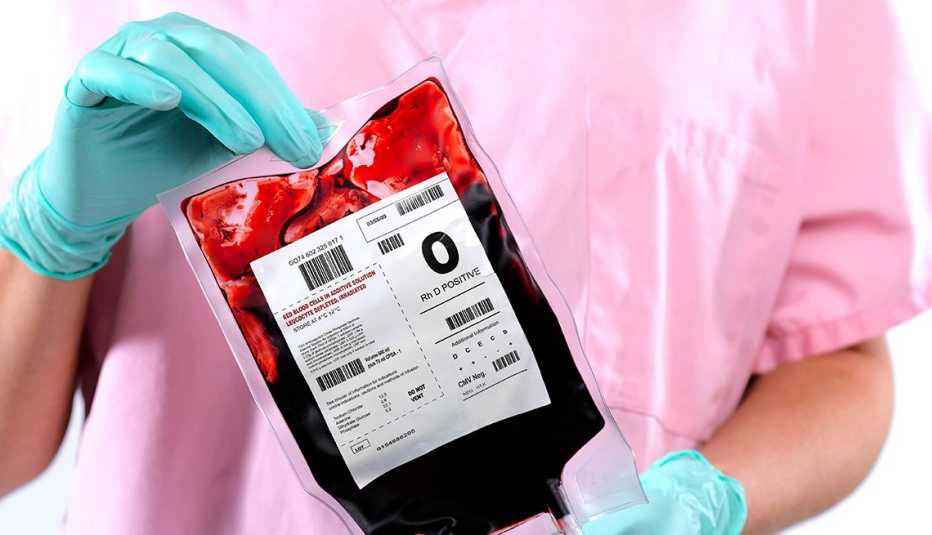Staying Fit


In the last several months, a number of studies have drawn a connection between blood type and COVID-19 risk, and most have reached the same conclusion: People with type O blood, the most common kind, may have a slight advantage over their peers when it comes to risk for a coronavirus infection and hospitalization or death from COVID-19. This, however, does not mean they can't contract the virus or fall seriously ill from it.
Researchers in Denmark found that among more than 7,400 people who tested positive for COVID-19, fewer individuals had type O blood compared to type A, despite the fact that the two blood types accounted for the same share of the population when compared to a larger control group. Canadian researchers reached a similar finding in their retrospective study published in Annals of Internal Medicine. They found that people with type O blood had a lower risk for contracting the coronavirus (SARS-CoV-2) compared to those with type A, B or AB. They also observed that individuals with type O blood had a slightly lower risk for getting severely ill or dying from COVID-19 if they did become infected. And several other peer-reviewed studies reinforce these findings.


AARP Membership— $12 for your first year when you sign up for Automatic Renewal
Get instant access to members-only products and hundreds of discounts, a free second membership, and a subscription to AARP the Magazine.
Even still, experts caution that the accumulating evidence on this subject shouldn't influence everyday medical or public health decisions.
"I would never tell someone who is type O that they don't have to wear a mask, or they don't have to do social distancing, or they don't have to wash their hands frequently,” says Roy Silverstein, M.D., professor and chair of medicine at the Medical College of Wisconsin Division of Hematology and Oncology, who was not involved in the studies. “They are at risk for COVID, just a little bit lower than type A.… That doesn't mean that [type] O is zero risk.”
Most of the value in the research, Silverstein says, is to learn more about the new virus that has so far infected almost 68 million people worldwide, and how the body responds to it.
Blood type may influence other infections, as well
The blood type–infection connection is not unique to the coronavirus. “There's a fairly decent amount of existing literature beyond SARS-CoV-2” that certain blood types can play a role in disease risk and severity, says Joel Ray, M.D., a clinician scientist and professor at St. Michael's Hospital in Toronto and lead author of the study published in Annals of Internal Medicine.
Research has shown that people with type O blood are more likely to get seriously ill from cholera than others who come down with the illness; and type O blood has been shown to offer some protection against severe malaria. Blood type may also influence norovirus susceptibility.

































































More on health
What to Know About the Coronavirus Vaccines
Questions continue as millions of Americans get immunized
What Is Emergency Use Authorization for COVID-19 Vaccines and Treatments?
A look at the FDA's fast-tracking tool for authorizing medical products during the coronavirus pandemic